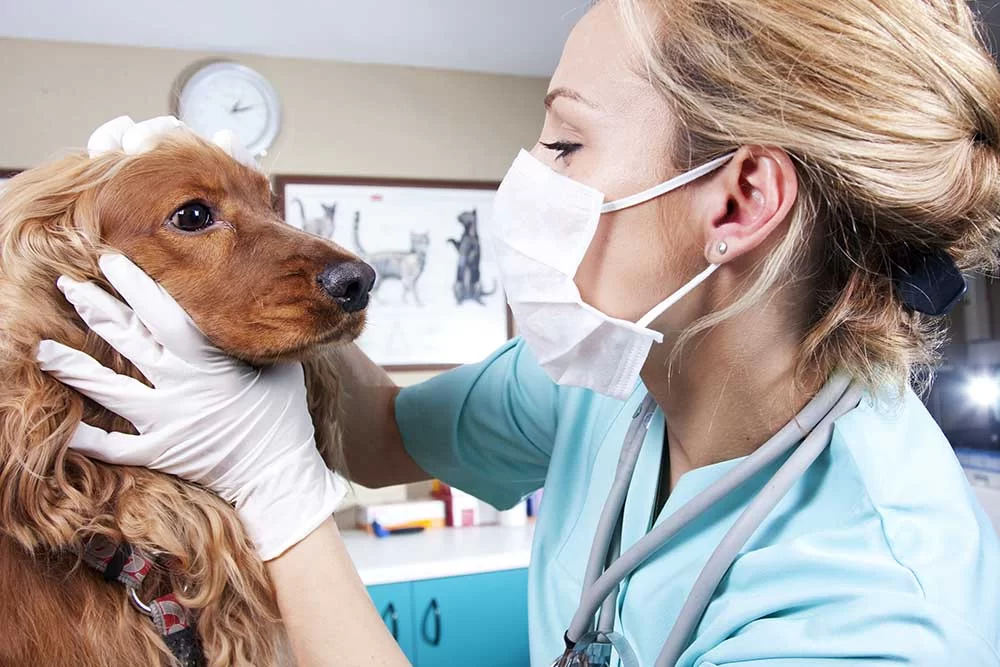Do You Need a License to Be a Veterinarian?
- Veterinarian Education Requirements
- Licensing Process for Veterinarians
- State-Specific Licensing Requirements
- Veterinary License Exams
- Continuing Education for Veterinarians
- Career Advancement for Veterinarians
Veterinarian Education Requirements
To become a veterinarian, one must complete extensive education and training. The first step involves obtaining a bachelor's degree in a relevant field, such as biology or animal science, which typically takes about four years. Afterward, aspiring veterinarians must attend an accredited veterinary school, which usually requires an additional four years of study.
The curriculum in veterinary school is rigorous, including courses in anatomy, physiology, pharmacology, microbiology, and animal behavior. It also includes practical, hands-on experience in treating animals under the supervision of licensed veterinarians. This education is critical, as veterinarians must understand the medical and surgical care of animals, from pets to livestock.
Upon completion of veterinary school, students are awarded a Doctor of Veterinary Medicine (DVM) or Veterinariae Medicinae Doctoris (VMD) degree, depending on the institution. This degree is a prerequisite for obtaining a license to practice as a veterinarian in the United States.
Licensing Process for Veterinarians
After completing the educational requirements, the next step in becoming a licensed veterinarian is to pass the licensing exams. In the U.S., the licensing process typically involves two key exams: the North American Veterinary Licensing Examination (NAVLE) and a state-specific exam.
The NAVLE is a comprehensive exam that tests the knowledge and skills required to practice veterinary medicine. It covers a wide range of topics, including medical and surgical treatment, pharmacology, and animal diseases. The NAVLE is offered by the American Association of Veterinary State Boards (AAVSB) and is required for licensure in most states.
In addition to the NAVLE, some states may require additional exams or practical assessments, especially regarding state laws and regulations governing veterinary practice. Once both exams are passed, a veterinarian can apply for licensure with their state's veterinary board.
State-Specific Licensing Requirements
Each state in the U.S. has its own requirements for licensing veterinarians, although most states follow similar procedures. While the NAVLE is recognized nationwide, state veterinary boards may have additional requirements. These can include state-specific exams, background checks, and proof of continuing education credits.
For example, in California, veterinarians must also pass the California Veterinary Medical Board (CVMB) exam, which tests knowledge of state laws and regulations. Some states may require veterinarians to provide proof of clinical experience before granting a license, or they may have specific rules about continuing education to ensure that licensed professionals stay up-to-date with the latest advancements in veterinary care.
As such, it’s essential for veterinarians to check with the specific licensing board in the state where they wish to practice to ensure they meet all requirements.
Veterinary License Exams
The veterinary licensing exams are crucial steps in the process of becoming a licensed veterinarian. The NAVLE is the primary exam for most states, but it’s important to understand the structure and content of the exam to adequately prepare.
The NAVLE consists of multiple-choice questions that assess a veterinarian’s understanding of clinical skills, diagnostics, medical treatment, and animal behavior. The exam is designed to test how well a candidate can apply their knowledge in practical situations, ensuring that only qualified individuals are granted the license to practice veterinary medicine.
Beyond the NAVLE, state-specific exams often focus on knowledge of local laws and regulations. For example, veterinarians in New York must pass the New York State Veterinary Medical Association (NYSVMA) exam, which covers both clinical topics and state-specific legal issues that impact veterinary practice.
Passing these exams is essential for obtaining a license to practice as a veterinarian. Once the exams are successfully completed, candidates are authorized to apply for licensure with their state’s veterinary board.
Continuing Education for Veterinarians
Once a veterinarian is licensed, they must participate in continuing education (CE) to maintain their license. Continuing education ensures that veterinarians stay current with the latest developments in medical research, treatment techniques, and regulatory changes in the field.
CE requirements vary by state, but most states require a certain number of CE hours each year for license renewal. Veterinarians can fulfill their CE requirements by attending conferences, workshops, online courses, and other educational opportunities. The American Veterinary Medical Association (AVMA) and other professional organizations offer a wide range of resources to help veterinarians meet these requirements.
In addition to the mandatory CE, some veterinarians may choose to pursue further specialization or board certification in areas like surgery, dermatology, or internal medicine. This can provide opportunities for career advancement and may involve additional examinations and education.
Career Advancement for Veterinarians
Becoming a veterinarian opens the door to a variety of career opportunities. Many veterinarians work in private practice, treating pets, livestock, or exotic animals. However, there are also opportunities for veterinarians in research, public health, teaching, and even in the pharmaceutical industry.
For those looking to advance their careers, specializing in a particular area of veterinary medicine can be a great option. Specializations such as orthopedic surgery, cardiology, or oncology offer veterinarians the chance to work with more complex cases and provide advanced care to animals. These specialties often require additional education, training, and certification.
Veterinarians can also move into managerial or administrative roles, such as overseeing a veterinary clinic, working in animal welfare organizations, or leading veterinary research projects. These roles often require strong leadership and organizational skills, along with a deep understanding of veterinary medicine.
If you're interested in pursuing a career as a veterinarian, understanding the licensing process and the steps required to become a licensed professional is essential. Start by researching the requirements in your state and preparing for the necessary exams. As you progress in your career, continuing education and specialization will ensure that you remain a competitive and skilled professional.
At Scent Snob, we understand the importance of professional development, and we offer a variety of resources to help individuals in any field continue their education. Whether you're looking for further educational resources or professional services, we’re here to guide you along your career path.












